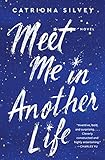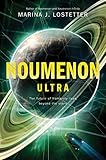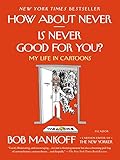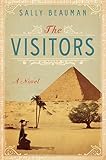Richard Cytowic
Richard E. Cytowic, MD, MFA is best known for bringing synesthesia—the involuntary coupling of the senses—back to mainstream science after decades of obscurity.
Professor of Neurology at George Washington University, he received a Pulitzer nomination for his New York Times Magazine cover story about Press Secretary James Brady, shot in the head during the assassination attempt on President Reagan. Wednesday Is Indigo Blue, with David Eagleman, received the Montaigne Medal.
Speaking venues include NASA, the Library of Congress, the Hirshhorn Museum, the Smithsonian, and cultural institutions worldwide. Dr. Cytowic is a fellow of the Southampton Writers Conference, the Virginia Center for the Creative Arts, and the Hambidge Center for Creative Arts & Sciences.

























































































































